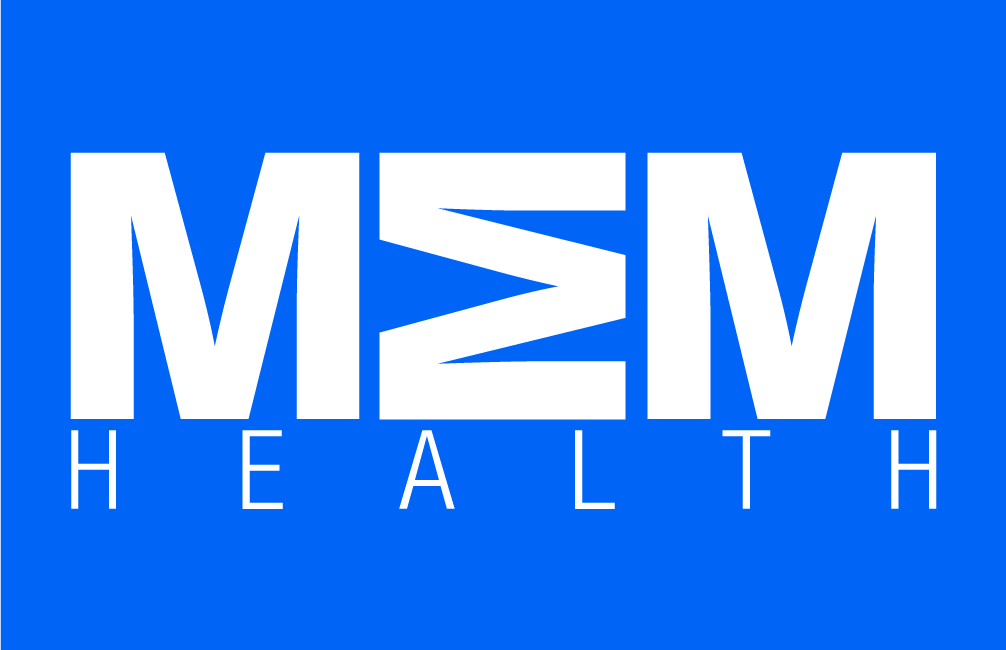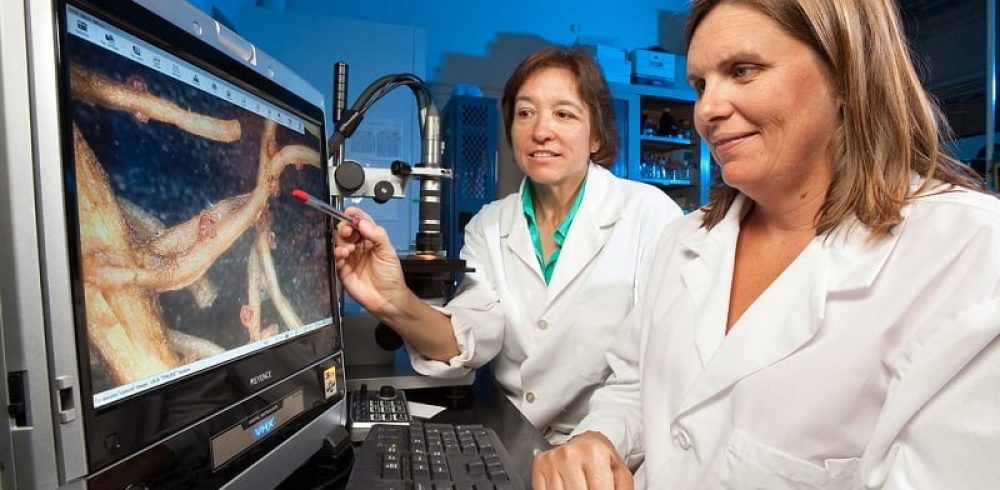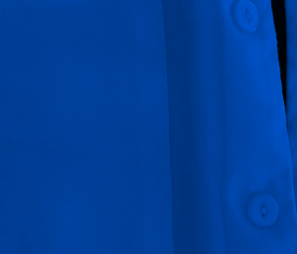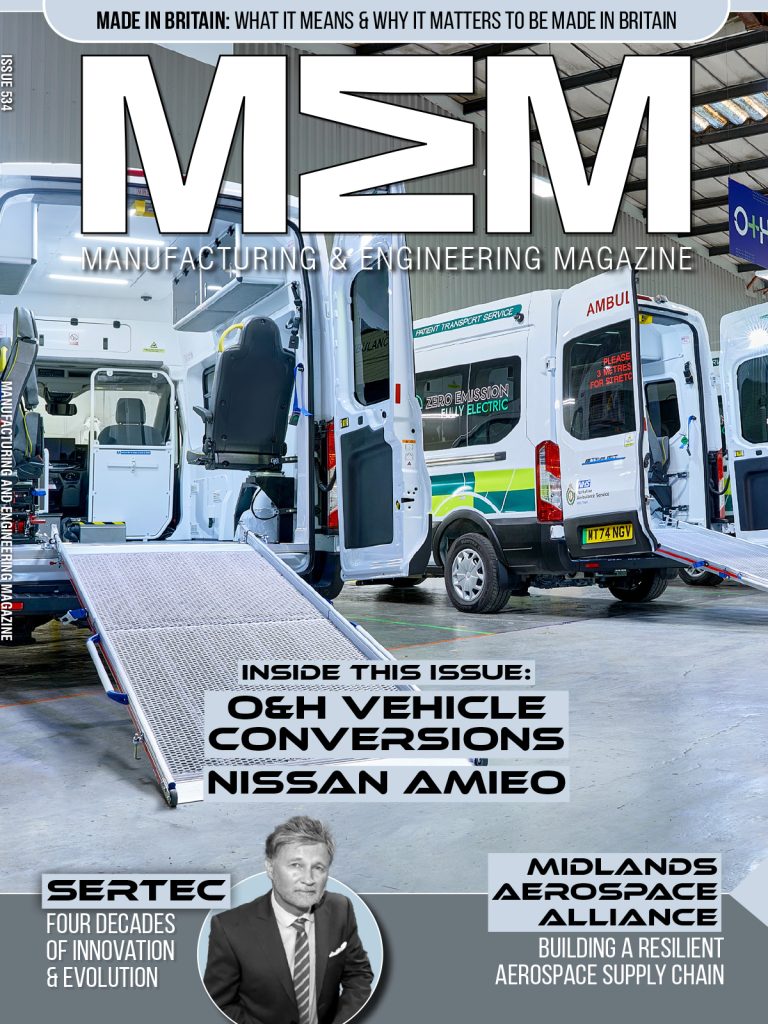Pathologists have largely diagnosed disease in the same way for the past century by manually reviewing images under microscopes to uncover any issues or development in illness. New research has showed that computers could help doctors to improve the accuracy of their diagnosis and significantly change the way diseases such as cancer are diagnosed and monitored.
The AI infused method has been created by researchers at Beth Israel Deaconess Medical Centre (BOIDMC) and Harvard Medical School (HMS). The recently developed AI aims at computers to interpret pathology images with the long-term goal being the creation of AI powered systems to make pathological diagnosis more accurate and efficient. The method is based on deep learning, a machine-learning algorithm used for a range of applications including image and speech recognition. The approach essentially teaches machines how to interpret complex patterns and structures observed in real life data by building multi-layer artificial neural networks. This process is believed to show similarities to the learning process occurring in neuron layers within the neocortex of the brain, the region where thinking occurs.
The team have manufactured and trained the AI system to distinguish between cancerous tumour regions and normal regions based on a deep multilayer convolutional network. Identifying either the presence or the absence of a tumour is a routine and critical task for pathologists to undergo on a frequent basis. Attempting to uncover an abnormality through millions of normal calls via a microscope can prove to be a tedious and laborious task when conducted under the conventional methods. When the machine was directed to uncover similar tasks the accuracy was at 92% which almost matches the success rate of a human doctor, who show an accuracy of 96%.
When combined, the AI technology and the pathologist showed accuracy results that reached a staggering 99.5% which yields for a protentional major reduction in patient diagnosis error. The results are beyond what was expected with the computers almost matching the skill and accuracy of a pathologist the implications for further development and future medicinal engineering could prove to be something of huge excitement.
















